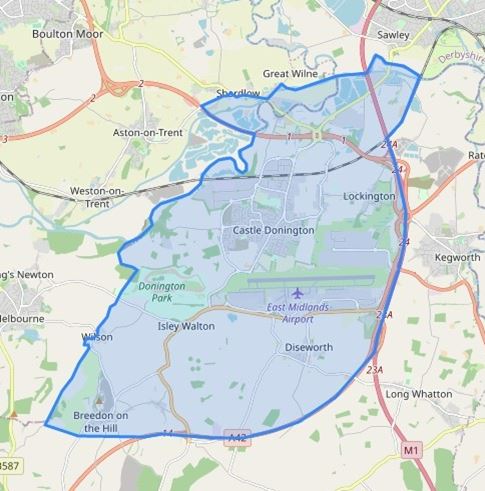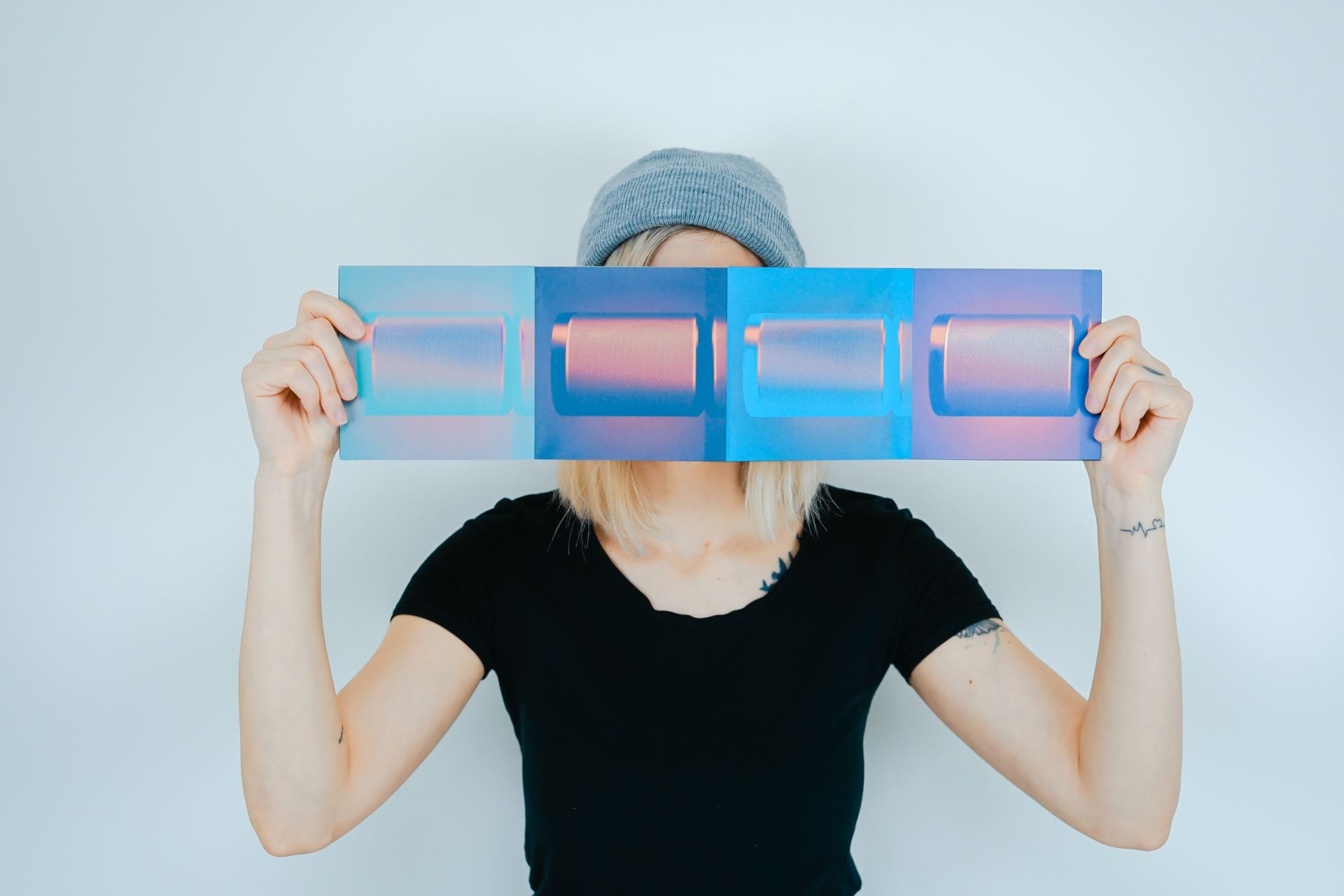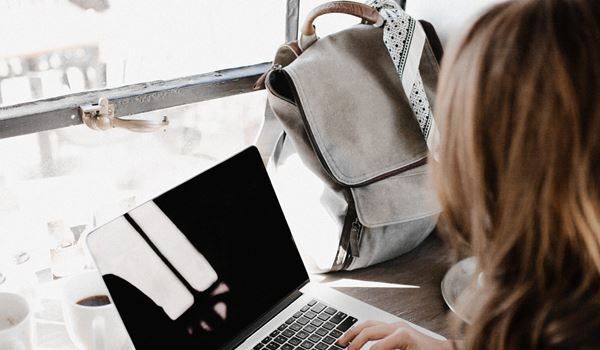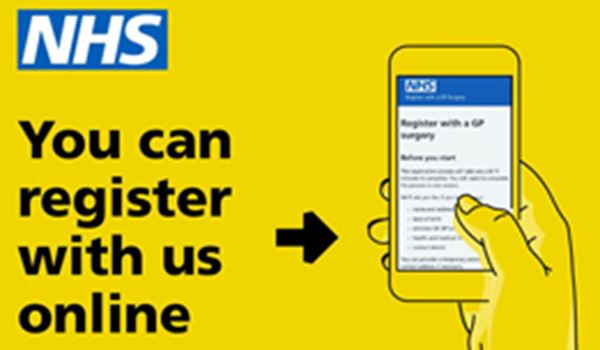Join The Practice
NEW PATIENTS
Practice area
As of June 2023, the practice updated and reduced it's boundary. We accept patients living in the blue highlighted area.
Existing Patients - Patients who live within our "old" boundary and are still registered, will remain registered. HOWEVER - Should they choose to move a new house which is not within our current boundary, you will have to find an alternative GP Practice. Use the Find a GP tool below.
How to Register
It often takes some time for records to be forwarded from your former practice, it is important that you complete the registration forms as fully as possible, especially if you have ongoing health conditions or are on regular medication(s).
Register online
- No need to visit the practice or complete paper forms.
- Registrations are done through the secure NHS website.
- Ideal for those patients moving into the area from another practice.
- Patient details and forms are required for each member of the household who are registering - including children.
Paper Forms
- Full registration packs are available to collect from Reception
- You can complete them whilst in the practice or return them at your convenience.
- Patient details and forms are required for each member of the household who are registering - including children.
Whats next
Appointments can be made once your registration has been completed. This usually takes a minimum of 48 hours from the date you submit your questionnaire and registration forms.
Patients on regular medication will need an appointment with our pharmacist or a GP before your medication can be issued and/or added to your repeat medication list. The team will aim to assit with this during your registration process.
Please contact reception if you are running out of medication.
New patient medicals
If you would like a new patient medical with one of our practice nurses, please ask reception once you are registered.

OUR CATCHMENT AREA
Our Catchment Area

Patient Leaflet
Helpful information for all patients about the practice, our staff, our serivces, appointments, common illnesses and some useful telephone numbers.
DOWNLOAD UNAVAILABLE - LEAFLET IS BEING UPDATED 3/7/25
(Photo credit: Toa Heftiba at Unsplash.com)

Advice for Students
For any student registered with a GP near to their University or college - when you are back in the Castle Donington area during the holidays or when visiting family, you do not need to re-register with us to see a doctor. In fact, there’s some benefits to you if you register as a temporary resident instead.
Re-registering here at the surgery as a permanent patient for each holiday means that all your notes, paperwork and files will need to be transferred from your university surgery to here and then back again when you return - Your notes could be transferred up to 18 times over a 3-year course. This adds to the workloads at both surgeries.
Temporary and permanent patients receive the same level of care and neither one takes priority when it comes to allocating appointments, so if you are registered at your University or College practice, please speak to reception about registering as a temporary patient here during the holidays if you need to see a clinician.
(Photo by Andrew Neel at Unsplash.com)
Temporary Patients
If you are ill while away from home or if you are not registered with a doctor but need to see one, you can receive emergency treatment from the local GP practice for 14 days. After 14 days you will need to register as a temporary or permanent patient.
You can be registered as a temporary patient for up to three months. This will allow you to be on the local practice list and still remain a patient of your permanent GP. After three months you will have to re-register as a temporary patient or permanently register with that practice.
To register as a temporary patient simply contact the local practice you wish to use. Practices do not have to accept you as a temporary patient although they do have an obligation to offer emergency treatment. You cannot register as a temporary patient at a practice in the town or area where you are already registered.
Proof of Address
As part of the new patient registration process, we will ask each person registering for proof of address and a valid photo ID (adults only). This information is used to clarify your address and ID to ensure we have the correct details and to ensure the correct medical notes are requested.
Poor quality photographs of completed documents may be rejected.
Occasionally during the registration process, the NHS back office will ask for further details. If we have copies of those details, we can provide an accurate response in a timely manner without the need to request more information from the patient.
These copies of address and ID are only kept until your registration has been confirmed and your medical records arrive at the practice. At this point the copies are destroyed.
Disabled Access
We make every effort to make the surgery accessible for patients with disabilities.
Wheelchair access to the building is via the ramp and main entrance (where there are automatic sliding doors). All of our corridors and doorways are constructed to allow easy wheelchair access and all consulting and treatment rooms are on the ground floor.
There is a toilet for disabled patients just off the waiting room.
There are two parking spaces for patients who have a blue badge and these are located in the Council Car park behind the surgery.
There is a hearing aid loop stationed at the reception desk. We also have a portable hearing loop that can be used in the clinical room with the doctor or nurse; please notify the receptionist or clinician you are seeing that you would benefit from using this when you check-in and we will happily make these arrangements for you.
Assistance Dogs are welcome to accompany a patient to any public areas of the Practice with the exception of any high risk area (For example, in a clinical room during minor surgery.)
Should you have any other disability needs which are not currently being met please speak to a member of our staff.
If you have any other disabilities which you feel we need to know about, please do let our practice know in person, by phone or email castledoningtonsurgery@nhs.net
Non English Speakers
These fact sheets have been written to explain the role of UK health services, the National Health Service (NHS), to newly-arrived individuals seeking asylum. They cover issues such as the role of GPs, their function as gatekeepers to the health services, how to register and how to access emergency services.
Special care has been taken to ensure that information is given in clear language, and the content and style has been tested with user groups.
Open the leaflets in one of the following languages:
Page created: 29 November 2022
